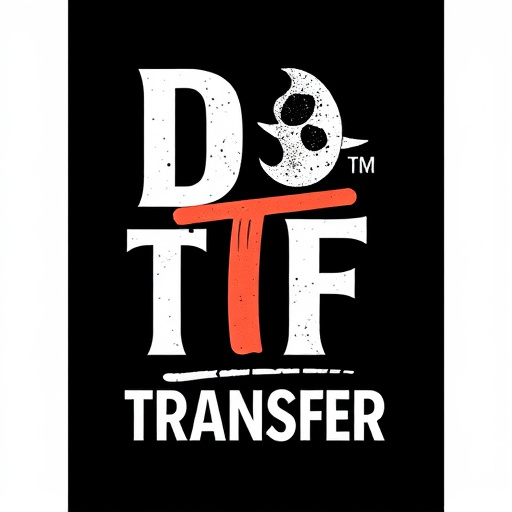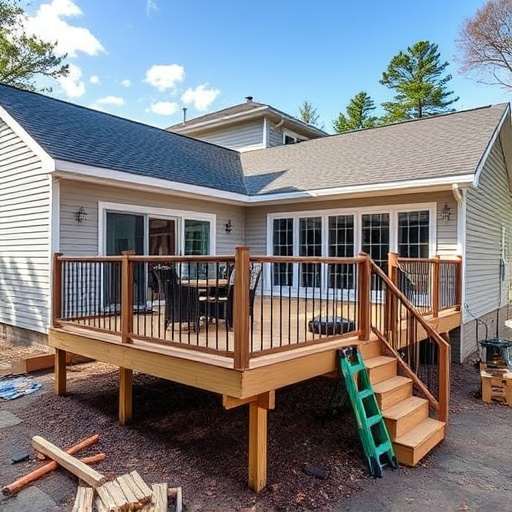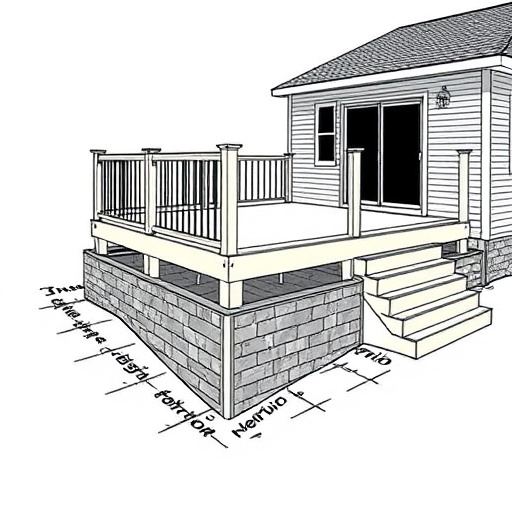Deck planning involves setting milestones, managing resources and expectations, and accommodating setbacks with buffer periods. Grouping similar tasks together streamlines scheduling, ensuring nothing is overlooked. For complex projects, accurately estimate timelines by breaking down tasks with buffer time, regularly reviewing and updating for adaptability.
Mastering your deck planning timeline is key to successful project execution. This guide breaks down how to efficiently schedule tasks within your deck, ensuring a structured and realistic approach. First, understand the core elements of your deck planning timeline. Next, categorize tasks based on their nature and dependencies for streamlined scheduling. Finally, continuously optimize and adjust deadlines to align with project realities, keeping your deck planning process agile and effective.
- Understand Your Deck Planning Timeline
- Categorize Tasks for Efficient Scheduling
- Optimize and Adjust for Realistic Deadlines
Understand Your Deck Planning Timeline

Understanding your deck planning timeline is a crucial step in ensuring successful project execution. A well-organized deck planning process begins with defining key milestones and phases. Identify when each task needs to be completed, from initial design consultation to final installation. This requires evaluating your available time and resources, taking into account other commitments and potential interruptions. By setting realistic deadlines for each stage, you can effectively manage expectations and maintain progress.
Deck planning often involves coordinating various tasks, including material procurement, labor scheduling, and quality control checks. Recognize that unforeseen circumstances, such as weather conditions or material delays, might impact your timeline. Incorporate buffer periods into your plan to accommodate these potential setbacks without derailing the entire project. Moreover, keeping communication open with your deck contractors or home exterior services providers can help navigate any challenges promptly, ensuring your siding repairs or storm damage repair are executed efficiently alongside your deck planning timeline.
Categorize Tasks for Efficient Scheduling

When categorizing tasks for efficient scheduling within your deck planning timeline, it’s crucial to group similar activities together. This strategic approach allows for a more streamlined and effective planning process. For instance, all tasks related to material procurement, like ordering decking materials or purchasing tools, can be batched during the same phase. Similarly, tasks involving construction or installation, such as framing, siding installation (including professional siding services), and gutter work, should be grouped based on their dependency and complexity.
By categorizing tasks this way, you create manageable chunks that correspond to different stages of your deck planning timeline. This method not only simplifies the scheduling process but also ensures that no task is overlooked or left until the last minute. It enables a more realistic assessment of time requirements for each category, leading to an efficient and well-organized deck construction project.
Optimize and Adjust for Realistic Deadlines

In deck planning, one of the key aspects to ensure successful project management is optimizing and adjusting your timelines for realistic deadlines. It’s easy to overestimate the time required for tasks, especially when tackling complex projects like residential roofing or siding installation. Start by breaking down each task into manageable chunks, allowing for buffer time between stages. For instance, while planning a roof repair project, don’t simply allocate one day for the entire job; account for potential delays and assign realistic time slots.
Regularly review and update your deck planning timeline to reflect any changes or unforeseen circumstances. This adaptability is crucial, especially in construction projects where weather conditions, material availability, or labor shortages can significantly impact timelines. By being flexible and adjusting your plan accordingly, you’ll not only ensure the project stays on track but also maintain a healthy work-life balance for yourself and your team, avoiding the stresses of rushed jobs like emergency roof repairs.
By understanding your deck planning timeline, categorizing tasks effectively, and optimizing with realistic deadlines, you can transform your project management. This structured approach ensures every phase of your deck planning journey is accounted for, allowing you to deliver compelling presentations with ease. Embrace these strategies to streamline your workflow and elevate the impact of your visual storytelling.














